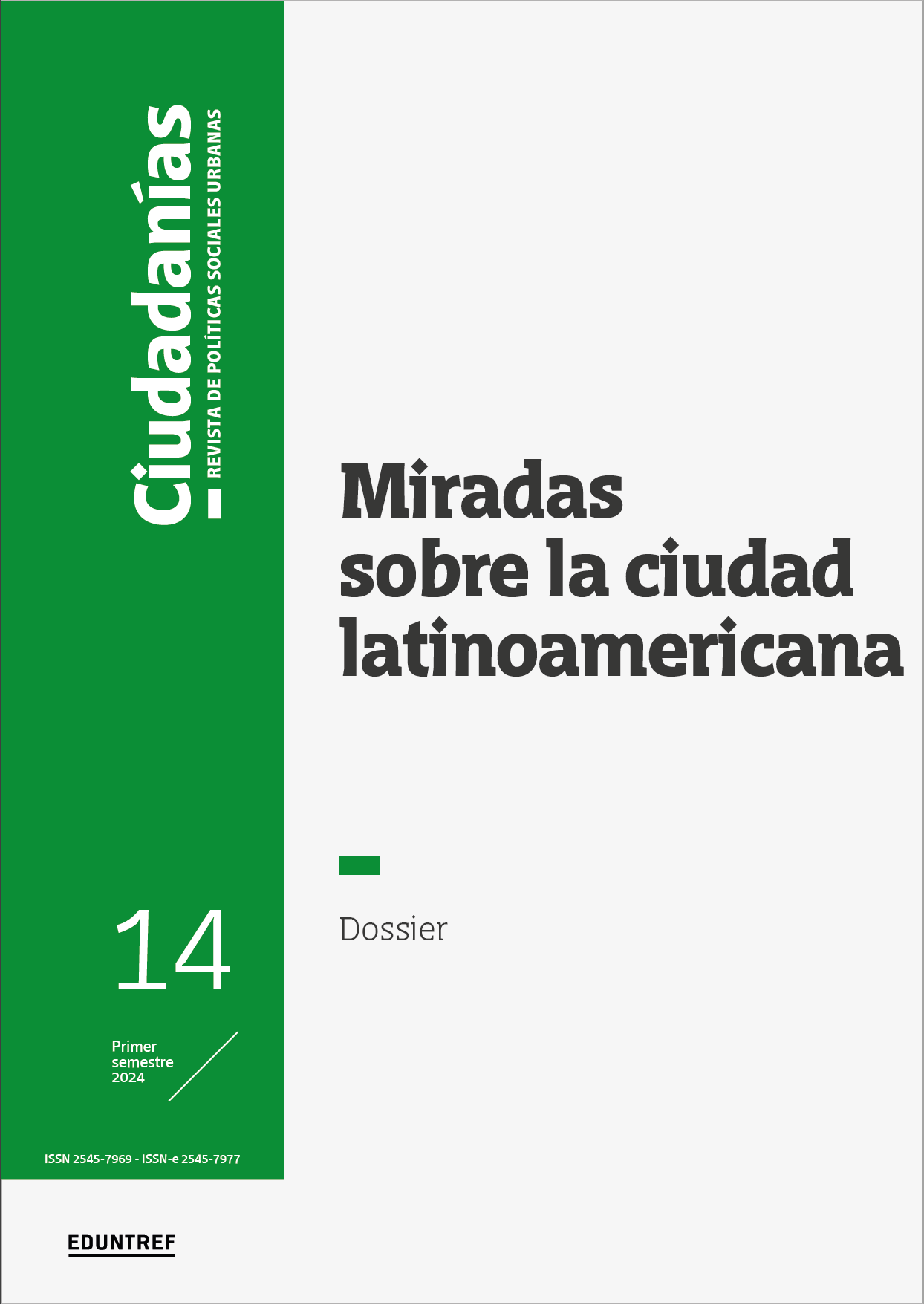Abstract
In the last decades, urban management has been directed under a governance model that has public-private partnerships as a priority strategy. The instruments for this articulation were disseminated as tools for obtaining funds and increasing local autonomy, associated with a better and greater redistribution of urban charges and benefits.
However, empirical studies show that in their application they have been functional to the commodification of land and housing in favor of the interests of the construction-real estate sector. Therefore, the results of their application are conditioned by a series of factors. Depending on the influence and combination of these factors, the public-private partnership has different scopes and results.
This article investigates, based on variables from previous studies in different localities of the country, the conditions and capacities under which municipalities carry out these public-private partnership processes and what urbanization dynamics they consolidate. The results constitute methodological contributions to the critical study of these processes and an input for the design and implementation of this type of instruments at the local level.

